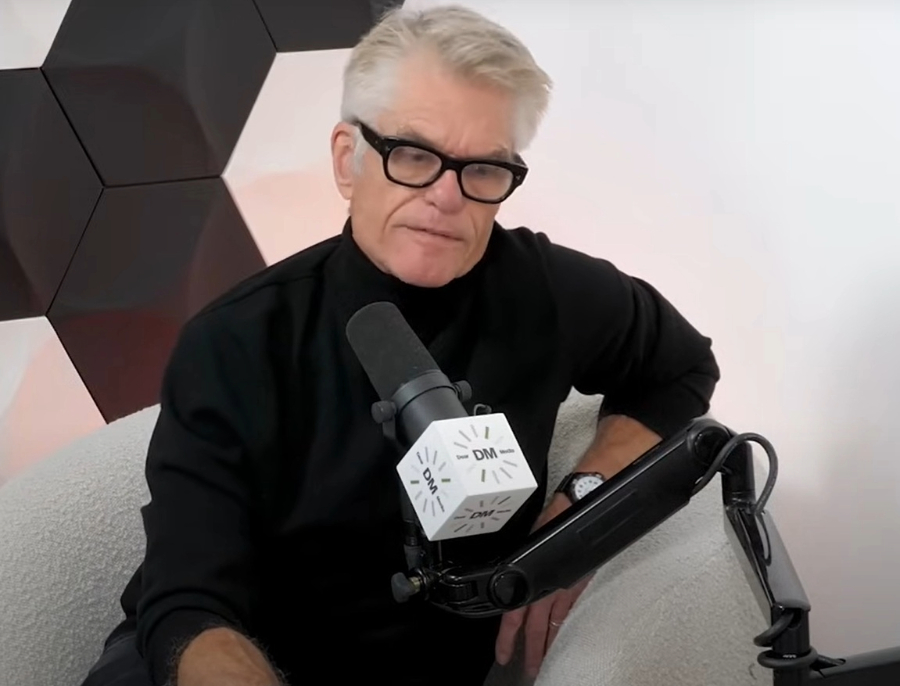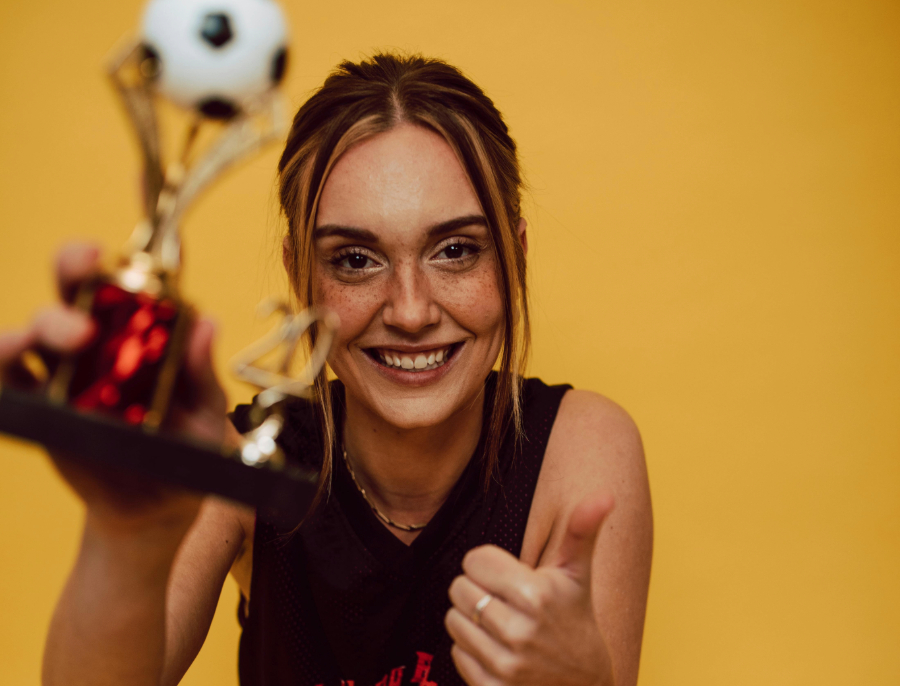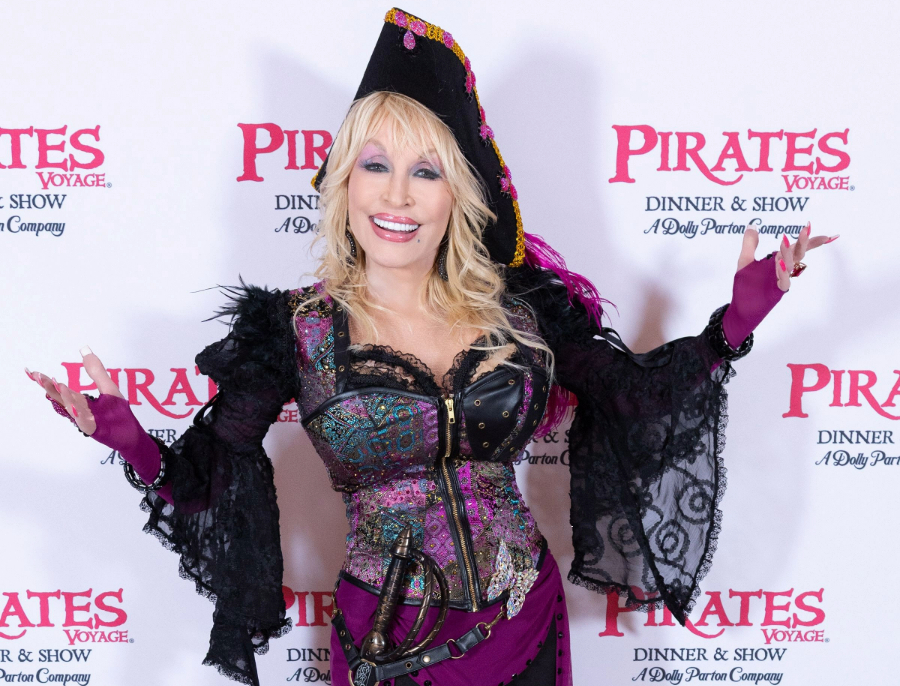It’s Harry Hamlin’s Turn to Share His Untold Family History

If you’ve been following Let’s Not Talk About The Husband, you know that Lisa Rinna has already shared her family’s story. Previously, the ex-RHOBH star revealed that her mother survived an attack by a serial killer known as the Trailside Killer, and that her father made the courageous decision to end his life through Oregon’s Death with Dignity Act.
Now, Harry Hamlin opens up about his past, and his reflections remind us that no family escapes life unscathed, no matter how polished things might appear from the outside.
Harry Hamlin: A look inside his childhood
Harry’s story starts with contradictions: a brilliant father who helped design the Saturn V rocket that sent men to the moon and a deeply broken home life that almost pulls Harry under.
“My dad was a rocket scientist,” Harry said with pride. “But he was also an absent father.” After President Kennedy’s famous speech about sending a man to the moon, Harry’s father disappeared into his work like many others in the space race.
But then came the drugs. Harry revealed that his parents spent years addicted to what they thought were “vitamin B shots,” but were injections of almost pure amphetamine, courtesy of Dr. Max Jacobson, also known as “Dr. Feelgood,” who was immortalized in the Motley Crue song of the same name. “They shot themselves up every morning for ten years,” Harry explained. “It ruined their lives.”
Layered on top of that was the pitchers of martinis, the cigarettes chain-smoked through every waking hour, and the nightly fights that made sleep a rare commodity in the Hamlin household. “That’s why I still have sleep problems,” Harry admitted.
Harry Hamlin and his brothers’ deaths
Both of Harry’s brothers died young after falling into the same cycles of addiction that defined their parents’ lives. Harry is the last man standing—something he reflects on with gratitude, grief, and guilt.
“I always wonder,” he said. “How did I make it when my brothers didn’t?”
It wasn’t luck. It was moments of unexpected grace—like the summer camp counselor who, after witnessing Harry’s spoiled, arrogant behavior at 15, grabbed him, dragged him behind a tent, and told him the truth no one else had dared to: “You’re not better than anyone else. You have to be better than this.”
That encounter changed the course of Harry’s life. Later, studying psychology at Yale helped him further untangle the damage that his brothers, tragically, never had the chance or the tools to do.
Healing the next generation
Today, Harry measures his life not by the awards on his shelves or the movies he’s starred in, but by the family he’s built.
When he talks about his daughters with Lisa Rinna, the pride in his voice is palpable. “They’re good girls. They’re nice girls,” he said. “They are good role models—something I never had growing up.”
Lisa echoed the sentiment, reflecting on how she and Harry had to fight—sometimes silently, without a clear roadmap—to give their children what they never had: safety, security, and unconditional love.
“We grew up in the ‘60s and ‘70s,” Lisa said. “We are all a little fucked up, no matter what. But somehow, we still found a way.”
The grief that lingers and the grace that saves
Perhaps the most poignant moment came when Harry spoke about the day his father pulled him aside in a rare moment of vulnerability and told him, “There’s no such thing as feelings.”
Harry didn’t buy it then, and doesn’t buy it now. “Our feelings and emotions are our guideposts,” he said. “They shine a light on the path we’re supposed to take.”
At the end of the episode, Harry and Lisa sat together—decades of love, heartbreak, healing, and survival between them—and marveled at the fact that only now, through these intimate podcast conversations, were they truly sharing the full stories of who they were before they found each other.
It’s a reminder that survival isn’t just about getting out alive. It’s about choosing, over and over again, to live differently than the pain you came from. And sometimes, the deepest acts of love are the ones we never see—the quiet decisions to be better, to be kinder, and to offer the next generation a chance to heal even more.




















Leave a Reply